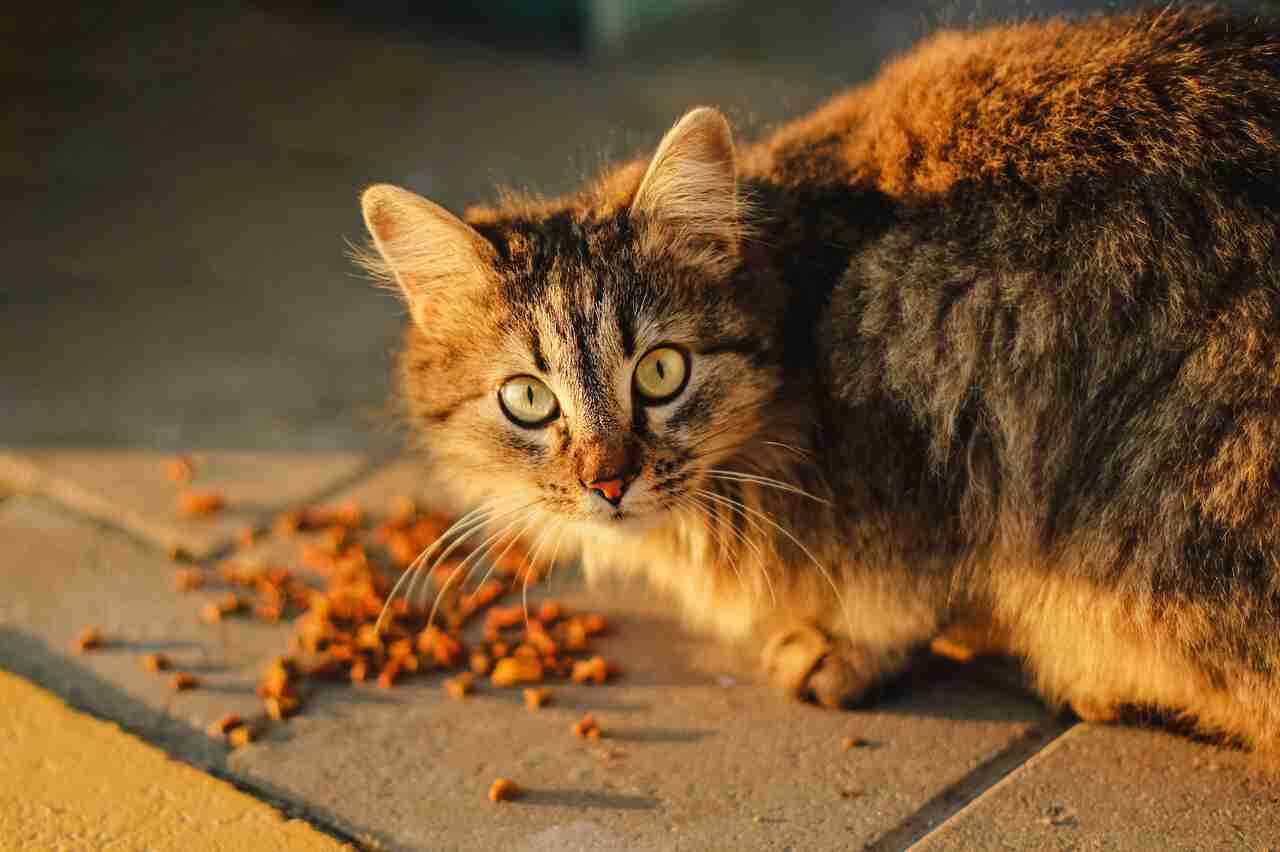
According to a new study, your cat’s diet may be impacting its health. The research revealed how overeating affects the digestion and intestinal microbiome of a cat.
+ Hilarious Video: Cats Spend the Day Between Slaps and Kisses
+ Impressive Videos Show How Cats Are Ruthless Predators
+ Disgusting Video: Owner Prepares Provocative Treats for Her Cats
Researchers from the University of Illinois Urbana-Champaign examined the effects of overeating and overweight on the digestive system and intestinal microbiota of cats.
“About 60% of cats in the US are overweight, which can lead to health problems such as diabetes and chronic inflammation,” said Kelly Swanson, corresponding author of the study, published in the Journal of Animal Science.
“While many studies have investigated weight loss in felines, there has been little focus on the opposite process, which is also important.”
“In this study, we wanted to learn more about the metabolic and gastrointestinal changes that occur as a result of overfeeding and weight gain in cats,” she added.
The researchers recruited 11 spayed adult female cats. After two weeks of initial measurements and eating standard dry cat food, they were allowed to eat as much as they wanted for 18 weeks while researchers collected blood and fecal samples at regular intervals and monitored physical activity.
The cats immediately increased their food intake substantially and began gaining weight. At the start of the study, the average body condition score of the cats was 5.41 on a nine-point scale.
However, after 18 weeks of overfeeding, it increased to 8.27, equivalent to 30% overweight. The score is analogous to the body mass index (BMI) for humans.
The researchers analyzed changes in fecal production, gastrointestinal transit time, digestive efficiency (nutrient digestibility), and bacterial composition of the microbiota over the 20-week study.
“We found that as the cats ate more and gained weight, gastrointestinal transit time was reduced, as was digestive efficiency,” explained Swanson.
“When the body receives less food, it will be more efficient at extracting nutrients. But when the amount of food increases, it passes through the digestive system more quickly, and fewer nutrients are extracted in the process.”
“The change in gastrointestinal transit time was a new finding and a potential reason for the change in fecal microbiota. Future studies should consider measuring transit time to better explain modifications in pets’ microbiomes,” emphasized Swanson.

